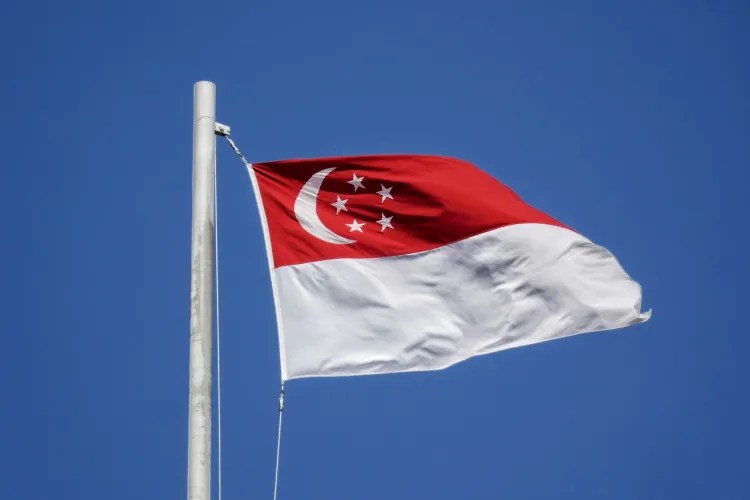Singapore’s Monetary Authority has introduced amendments to the Payment Services Act, signaling a widening regulatory framework. These changes, which will take effect in phases from April 4, mark a significant shift in the landscape for companies operating in the crypto sector.
Guidelines For Consumer Protection
The amendments encompass a range of measures, covering custodial services for digital payment tokens (DPTs), transmission facilitation of DPTs, and cross-border money transfers.
Notably, the regulations extend to activities involving funds from outside Singapore. This expanded regulatory purview “empowers” the Monetary Authority of Singapore (MAS) to impose stringent requirements on DPT service providers, signaling a “proactive” approach to mitigating risks associated with digital assets, according to the report. MAS noted:
The amendments will empower MAS to impose requirements relating to anti-money laundering and countering the financing of terrorism, user protection and financial stability on DPT service providers.
Simultaneously, the MAS has issued guidelines outlining consumer protection requirements for DPT services entities. These guidelines are slated to come into effect on October 4.
Among the stipulated measures are the segregation of customer funds, meticulous record-keeping practices, and “robust security protocols to shield customers’ assets from potential threats.
While Singapore’s crypto regulatory landscape has evolved, recent developments underscore the authorities’ effort to create a “secure and transparent” environment for digital asset transactions.
Notably, the regulatory updates coincide with broader efforts to fortify the country’s position as a fintech hub, balancing innovation with risk management to safeguard investor interests and uphold financial integrity.
Singapore’s Approach to Crypto Regulation
Singapore’s stance on digital currency regulation reflects a balancing act between supporting innovation and managing risks. While the country has actively appealed to crypto firms to establish a presence within its borders, regulatory scrutiny has intensified with the sector’s growth.
For example, Singapore granted an in-principle approval to the global crypto exchange OKX for a Major Payment Institution (MPI) license. The European crypto exchange Bitstamp also made headlines by announcing its receipt of an In-Principle Approval (IPA) license in Singapore.
Big news! 📰 Bitstamp is the first crypto exchange with major EU presence with In-Principle License Approval in Singapore. 🇸🇬
We’re paving the way for globally regulated crypto exchanges in Singapore and the APAC region.
More info: https://t.co/WdefHJiZXU pic.twitter.com/4D1NuU9PJW
— Bitstamp (@Bitstamp) March 6, 2024
As reported by Bitcoinist, this move sends a clear message that Singapore is open for crypto business, but only for those who play by the rules.
Recent initiatives, such as the proposed enhancements to user protection requirements and restrictions on retail speculation, underscore Singapore’s effort to crypto governance.
Featured image from Unsplash, Chart from Tradingview
